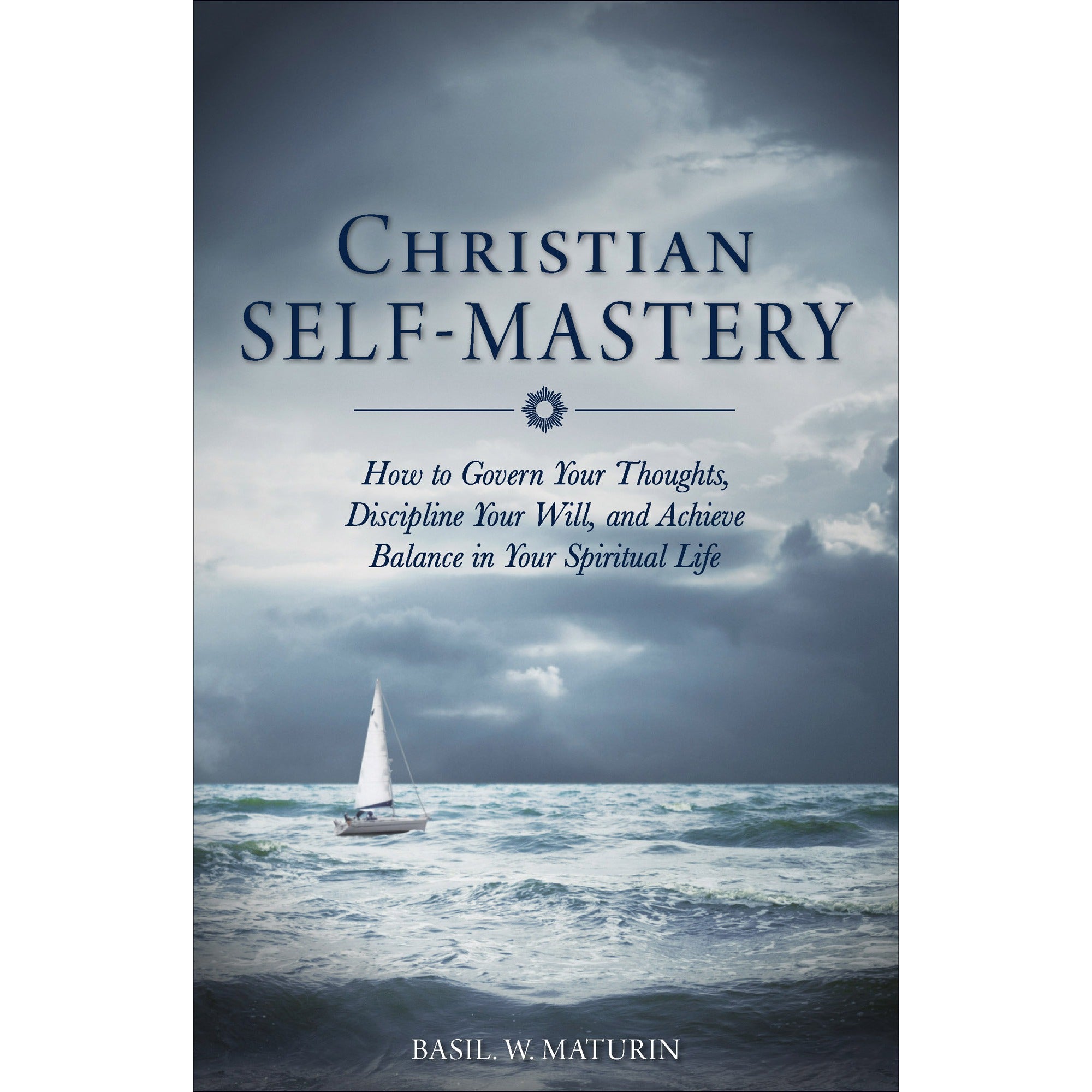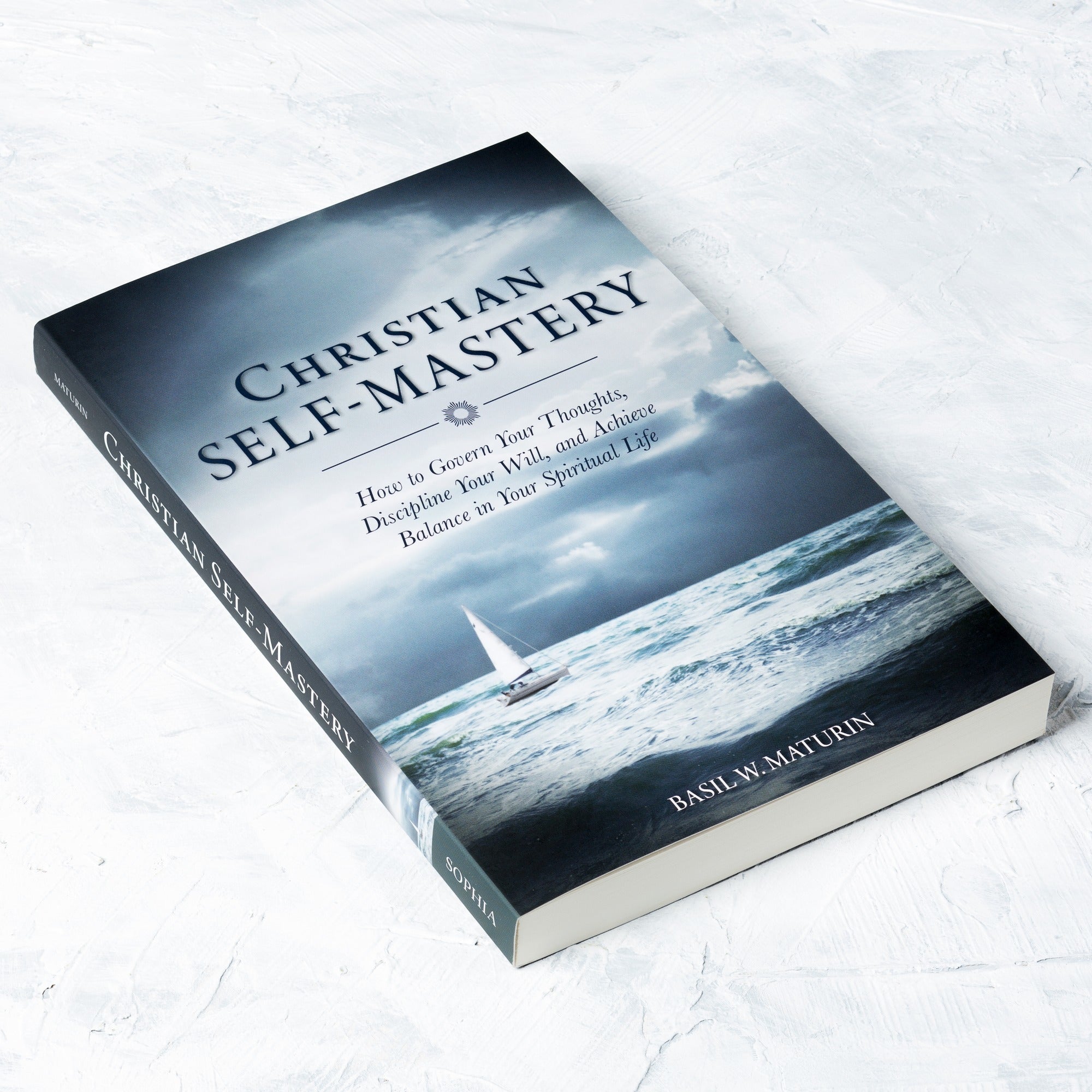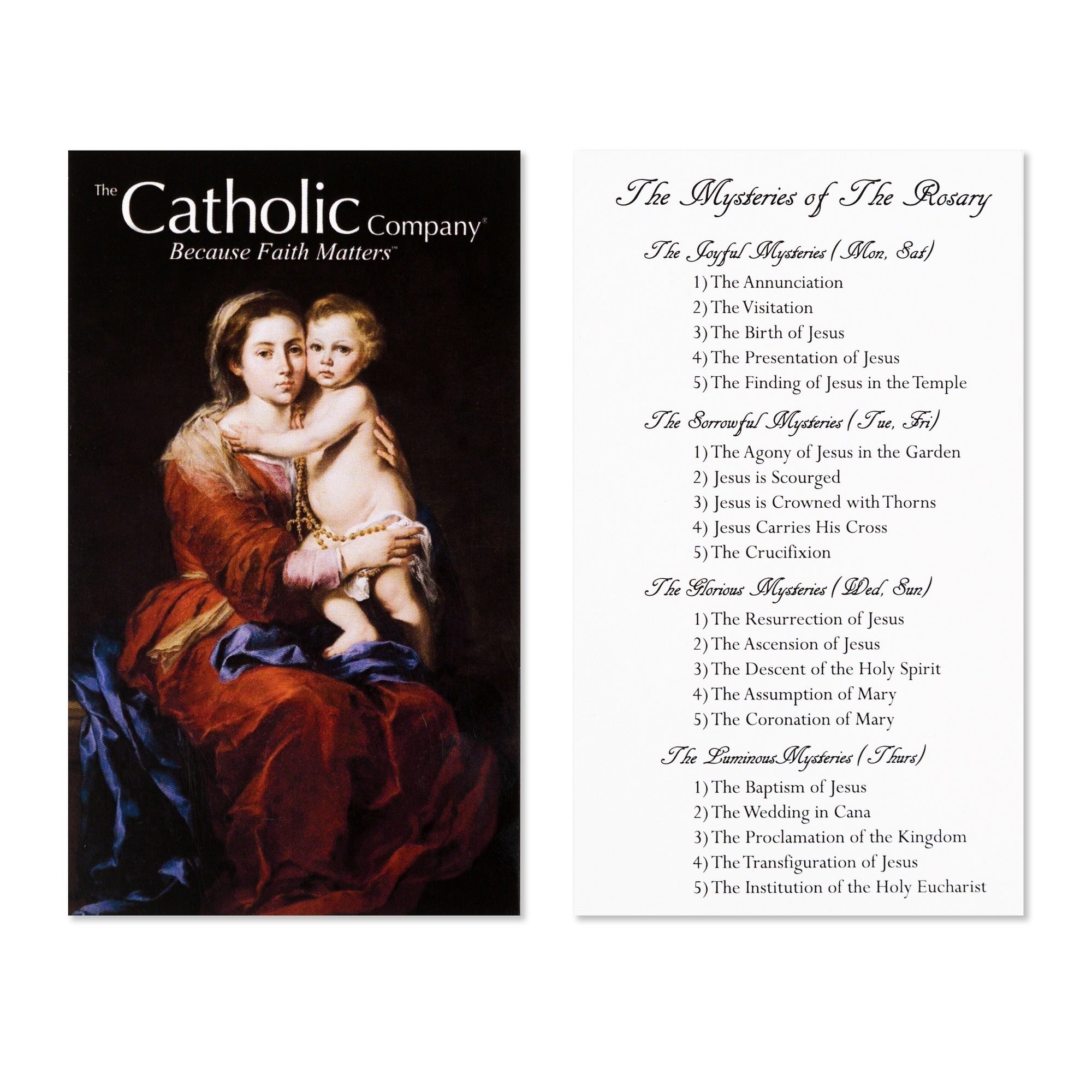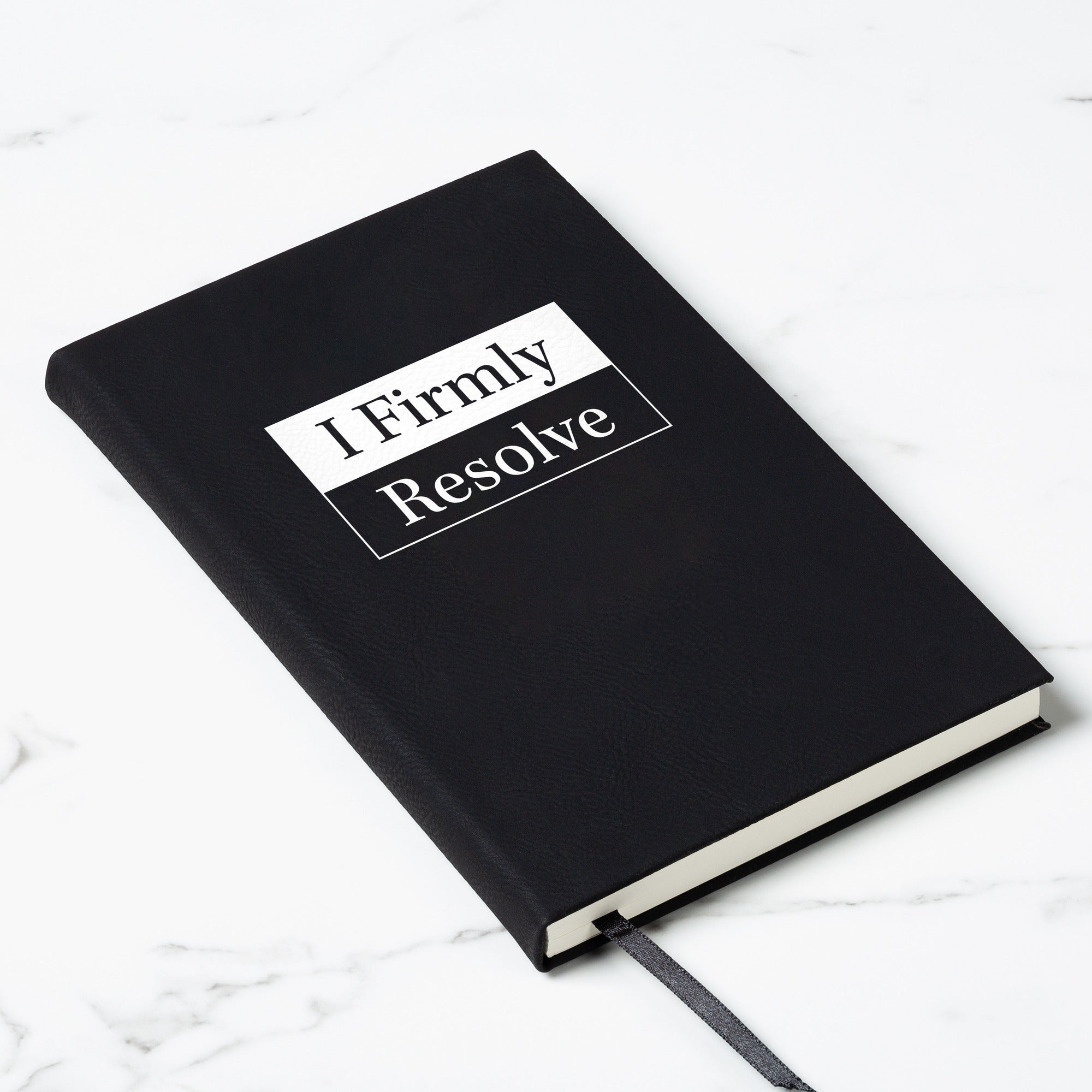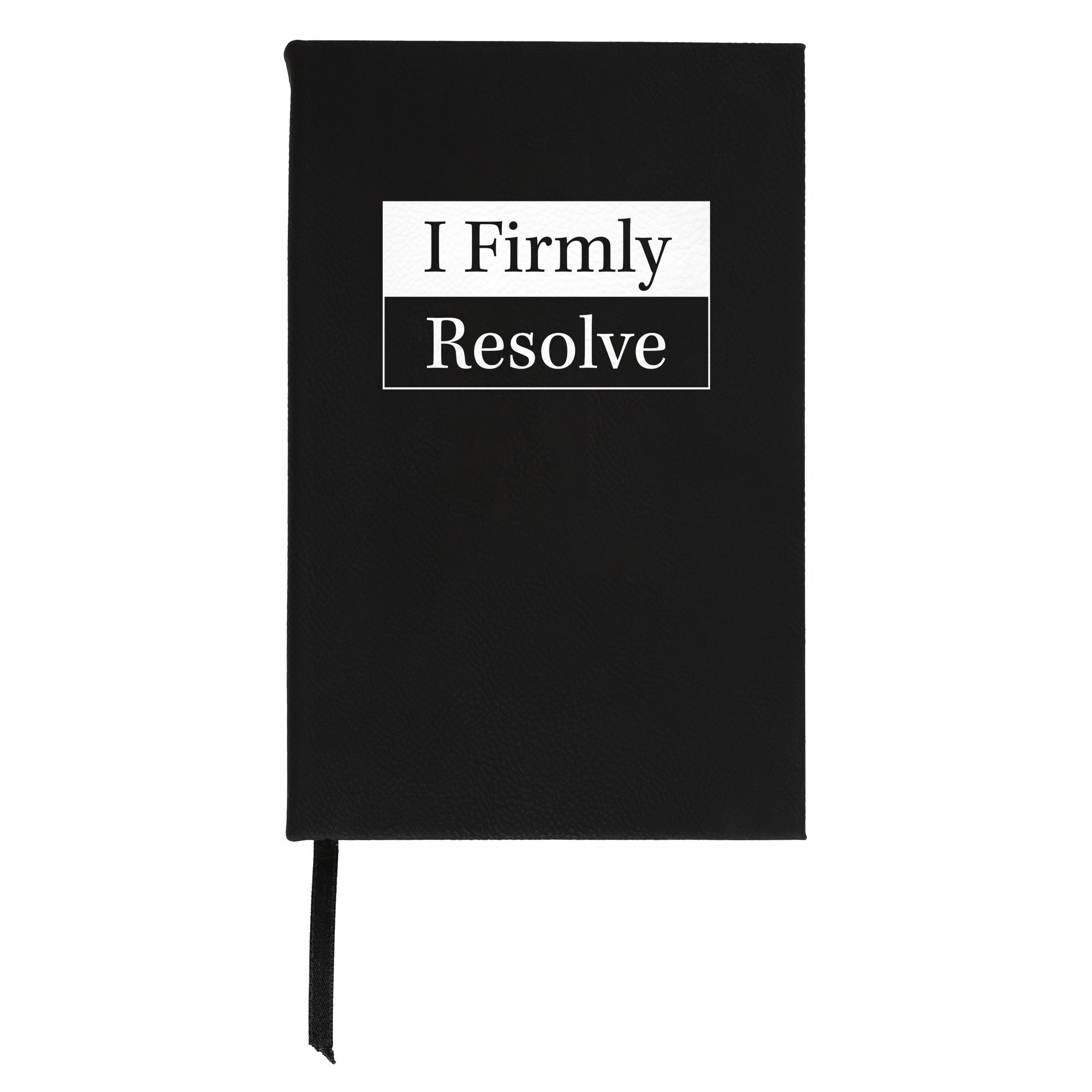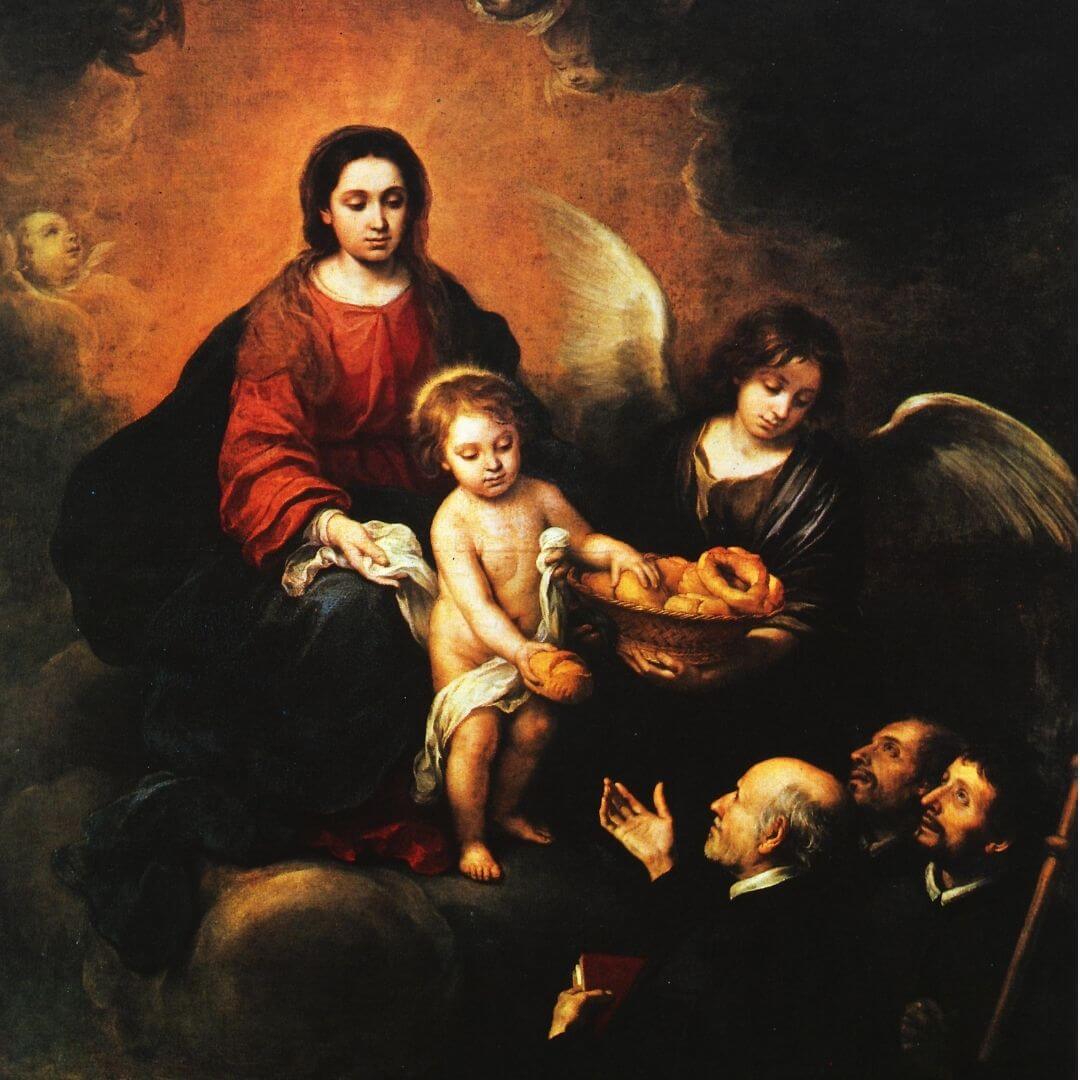Yes, getting deliberately drunk is a sin. And it’s a serious sin at that.
St. Thomas Aquinas addresses this exact question in his masterwork the Summa Theologiae (II-II, question 150). He explains that drunkenness is a form of the sin of gluttony, which is against the virtue of temperance. He references St. Paul’s letter to the Romans, in which the Apostle speaks specifically against drunkenness and other sins of the flesh (Rom 13:13).
St. Thomas goes on to answer whether drunkenness is a mortal sin. Here’s what he says:
“In this way drunkenness is a mortal sin, because then a man willingly and knowingly deprives himself of the use of reason, whereby he performs virtuous deeds and avoids sin, and thus he sins mortally by running the risk of falling into sin” (II-II, question 150, article 2, as quoted by The Catholic Encyclopedia).
He supports his claim with a reference to St. Ambrose, who says that drunkenness “prevents us from avoiding grievous sins.”
Both of these Doctors get right to the heart of the main problem with drunkenness: it impairs our judgment, and therefore is an easy door into evil.
Does the Church forbid alcohol altogether? Certainly not. She recognizes that moderate use of drink is a perfectly moral means of cultivating fellowship with others, celebrating a feast day or special occasion, or complementing a good meal. She only asks that we treat alcohol with temperance and guard against its misuse.
If you haven’t always treated alcohol with ideal temperance—or if some other habitual sin is holding you back—there’s no time like the present to start anew. Christian Self-Mastery: How to Govern Your Thoughts, Discipline Your Will, and Achieve Balance in Your Spiritual Life by spiritual master Fr. Basil Maturin is an in-depth guide to mastering your passions, honing self-discipline, avoiding frustration, and making real progress even in the most difficult aspects of your life. Make it your companion as you ring in the New Year! Available today at The Catholic Company.






















